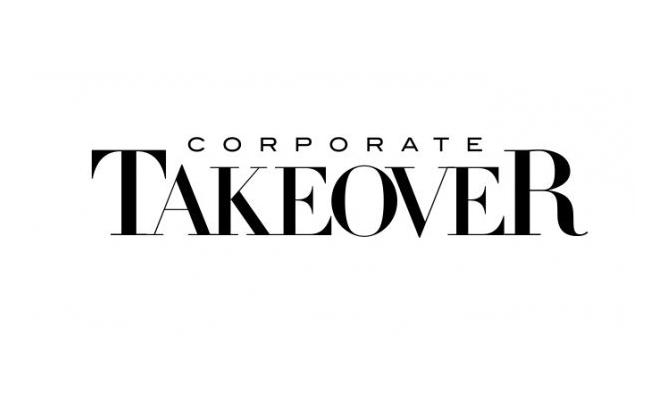The world of finance has strange but meaningful terms, people who often refer the terms are unaware of its origin and the implied meaning of the terms.
17th September 2013
Macaroni Defense
Macaroni Defense is an anti-hostile takeover technique in which a potential target firm issues a large number of bonds that must be redeemed at a higher value when the company is taken over. This anti-hostile takeover strategy is used to curb the powers of the potential buyer by making the deal economically unattractive as the bonds of the company have to be redeemed at excessively higher prices when the company is taken over. Its name comes from the allusion that the cost of a hostile takeover expands several times, like macaroni when it is cooked. For the potential buyer it will be a hard pill to swallow as the redemption price of the bonds expands (like macaroni on a pot).
Why is the strategy used?
This is a defensive tactic used by companies trying to defeat the prospects of a takeover attempt by a raider or an unfriendly bidder. This decision to issue bonds is taken by the company’s board of directors when they feel that business of the company would be diluted if it would be acquired by the bidder. For example: the company’s management may feel that the value of their own brand would go down considerably and affect their product line if it is acquired by another company thereby reducing the market for its products and revenue potential in the longer run.
How does it work?
For example, let us assume Company A wants to buy company B. Company B does not want to sell because the board of directors feel that the products manufactured by company A are low on quality and will ruin the brand image of the company and succumb to its competitors in the longer run. To defeat this attempt of hostile takeover, Company B issues $ 10 million worth of bonds that are redeemable for 150 percent of par value if there is a change of control at Company B. So the bidder who is planning to buy Company B with a $ 2,000 face value would have to redeem it at $ 2,500 if Company A buys Company B. Since this is an additional cost for Company A it will back out of the deal citing the substantial premium to face value in the event of a takeover. However, the company needs to exercise enough caution against the risk of paying huge interest payments over the bonds issued in defence of takeover by company A.
Poison Pill
This is a share holder rights plan used by companies to discourage hostile takeovers. With a poison pill, the target company attempts to make its stock less attractive to the potential acquirer. In this strategy the company may offer a preferred stock option to its share holders that give special dividends or payments to their holders, the stock option is opened to the share holders when there is threat of a takeover, the stock is worthless and is used to scare away the bidder who is attempting to take over the company. Another method is to take on a debt that would leave the company overleveraged and unprofitable for then potential acquirer.
Example: J.C. Penny the 111 year old retail giant recently thwarted an attempt to prevent new investors to from gaining control over the company by adopting a shareholder rights plan. Although the company denied any particular reason for the share holder rights plan (poison pill) which will be in place for one year, the move follows closely after its largest shareholder Mr. William Ackman resigned from the board and sold his entire stake in the company, Mr.Ackman’s Pershing Square Capital Management sold 39.1 million shares, which amounted to 18 percent of the company to Citigroup Inc.
Poison pills are not good strategies as they raise the cost of mergers and acquisitions and create high costs which will affect the interests of the shareholders in the longer run.
Scorched Earth Policy
This is another defensive tactic employed by the companies to avert a takeover bid from a potential buyer, scorched earth tactics include selling off assets or entering them into long term contractual commitments. This slang is borrowed from the military wherein generals instructed their troops to destroy everything that would be useful to an invading enemy.
For example: In 2008, Yahoo offered severance packages to all full time Yahoo employees to avert a possible takeover from Microsoft, Yahoo managed to stave off Microsoft’s offer with a series of anti hostile strategies including using the scorched earth policy. Rising dominance of Google had reduced the revenues of both Yahoo and Microsoft, and as a way to eliminate competition Microsoft wanted to acquire Yahoo to gain millions of users and an influx of engineering talent to become a more powerful challenger to Google’s dominance.

